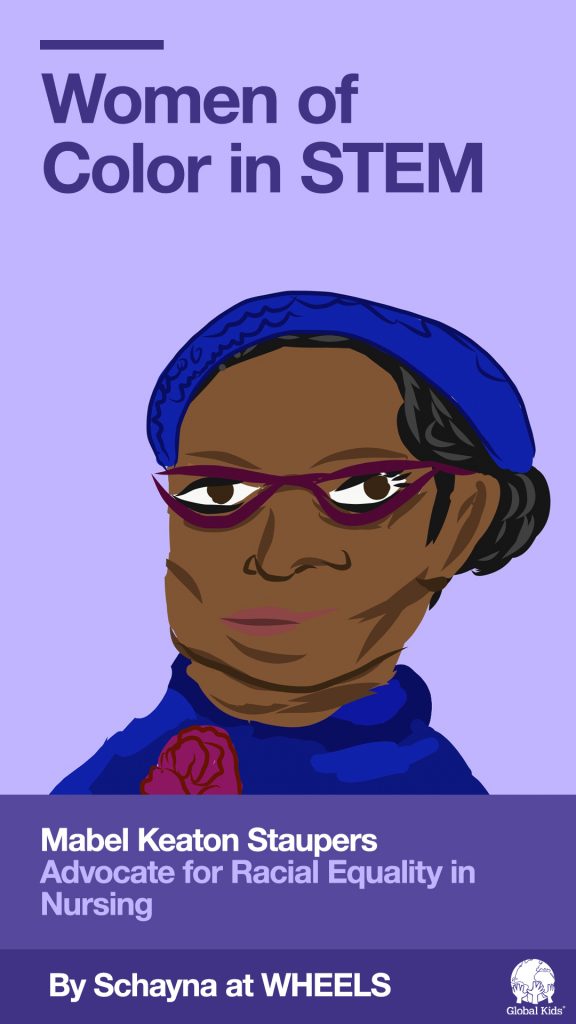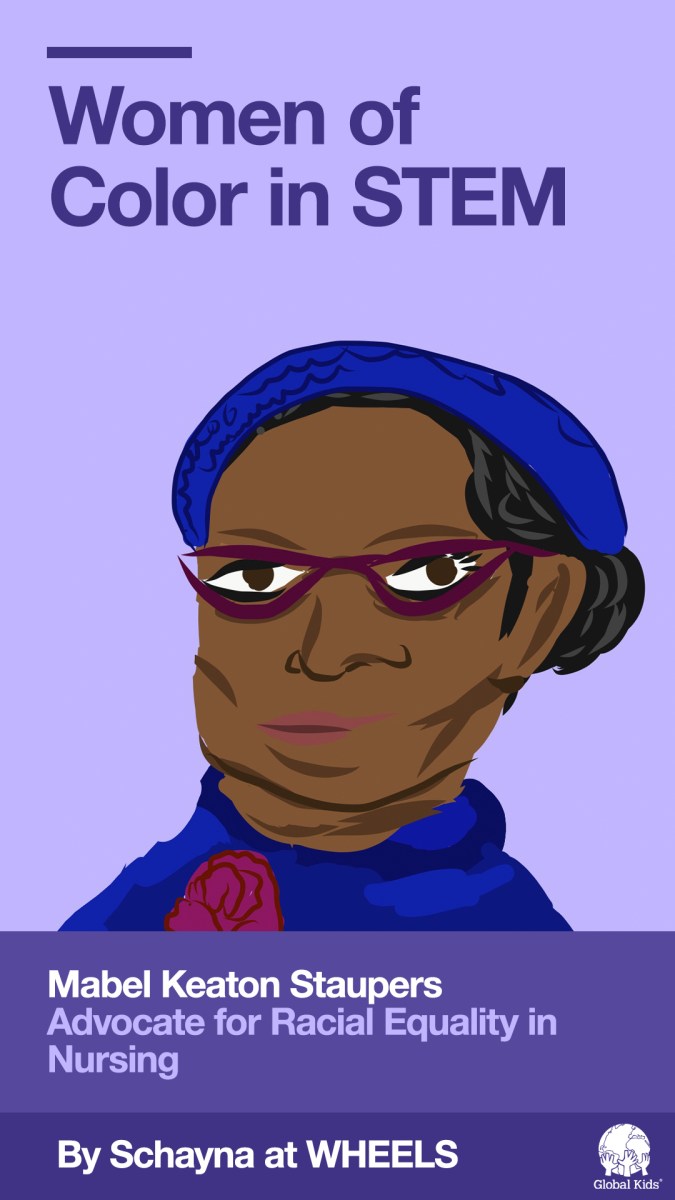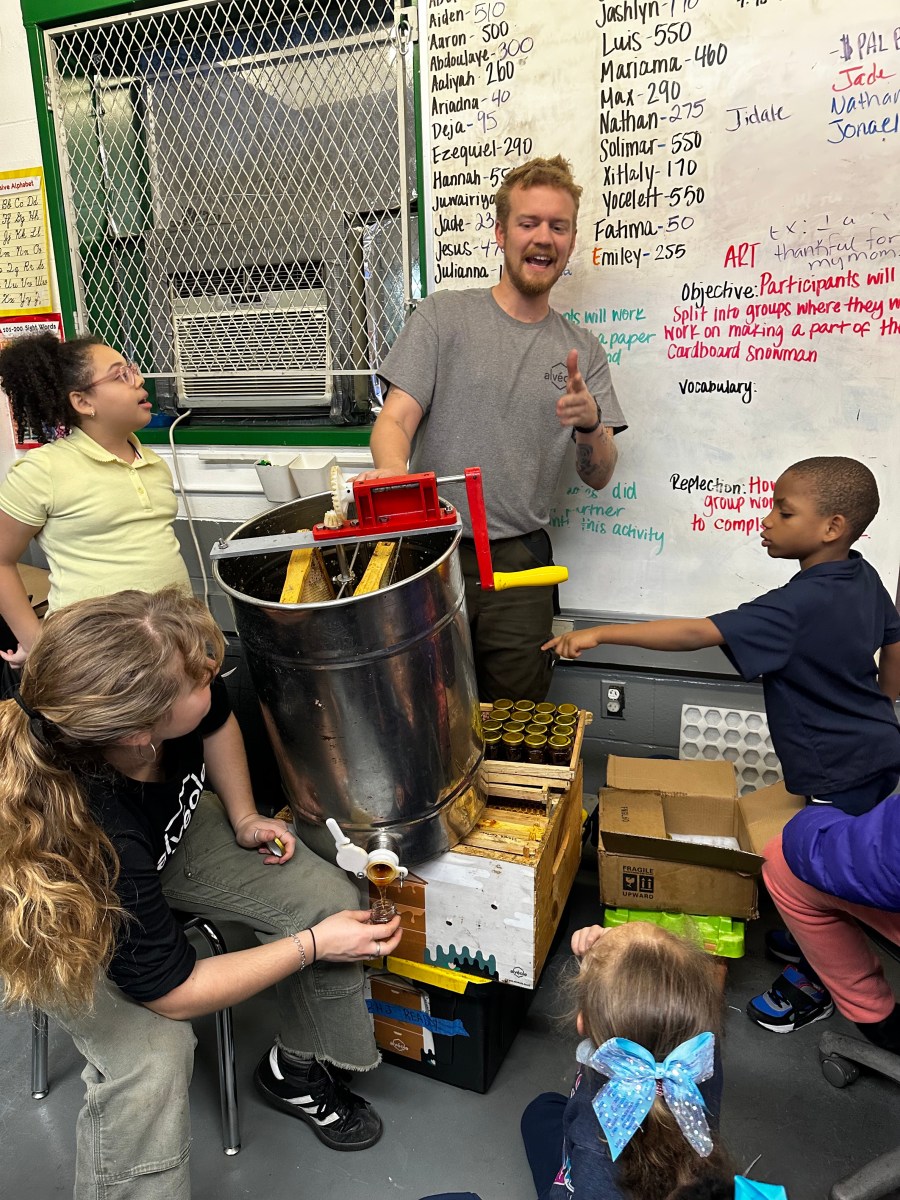BY ALEJANDRA O’CONNELL DOMENECH | In honor of Women’s History Month, portraits of five women of color who were pioneers in what today is known as “STEM” will be displayed around town on the city’s free Wi-Fi kiosks.
Women have made important contributions to STEM — science, technology, engineering and math — but haven’t gotten their due.
“Women are too often overlooked or completely left out of the history of science and technology,” said Ruth Fasoldt, LinkNYC’s director of external affairs.

The City Council met on Feb. 25 to talk about the lack of statues in the city honoring women. Out of the city’s 150 existing statues, only five are of females.
But now all that New Yorkers have to do to learn a bit more about some of the city’s underappreciated influential women is look to the nearest Link station.
Portraits of Jane Cooke Wright, Marie Maynard Daly, Mabel Keaton Staupers, Sinah Estelle Kelley and Susan McKinney Steward will be displayed on the public Wi-Fi and charging stations’ 55-inch screens until the end of March.

The portraits were drawn by 20 different students from three Manhattan schools — M.S. 224 Manhattan East School for Arts Academics, Washington Heights Expeditionary Learning School and P.S. 96 (Joseph Lanzetta School) — and one Queens school, Renaissance Charter School. There are 20 portraits altogether, with each student having picked one of the five women to draw.
The students that designed the portraits used a digital design and learning program at Global Kids, a nonprofit that offers in-school and out-of-school classes for children in New York and Washington, D.C.
Wright, a cancer researcher and surgeon, was influential in the development of chemotherapy. Daly was the first black American women to earn a Ph.D. in chemistry. Staupers fought for the inclusion of black nurses in the Army and Navy during World War II. Kelley worked to on the mass production of penicillin and Steward was the third black American woman to earn a medical degree.
According to LinkNYC, the artistic series is not only meant to honor great women but also to inspire future generations. And it did, according to Matthew Wallace, digital learning and leadership trainer at Global Kids.
“A lot of the kids expressed interest in learning learning more about these women,” Wallace said.
The kids were also curious to find out about other women that their history classes had neglected to teach them about, he said.
According to Wallace, he and the students will work to remedy this with a new program that will create Wikipedia pages for more underappreciated influential women of color.
































